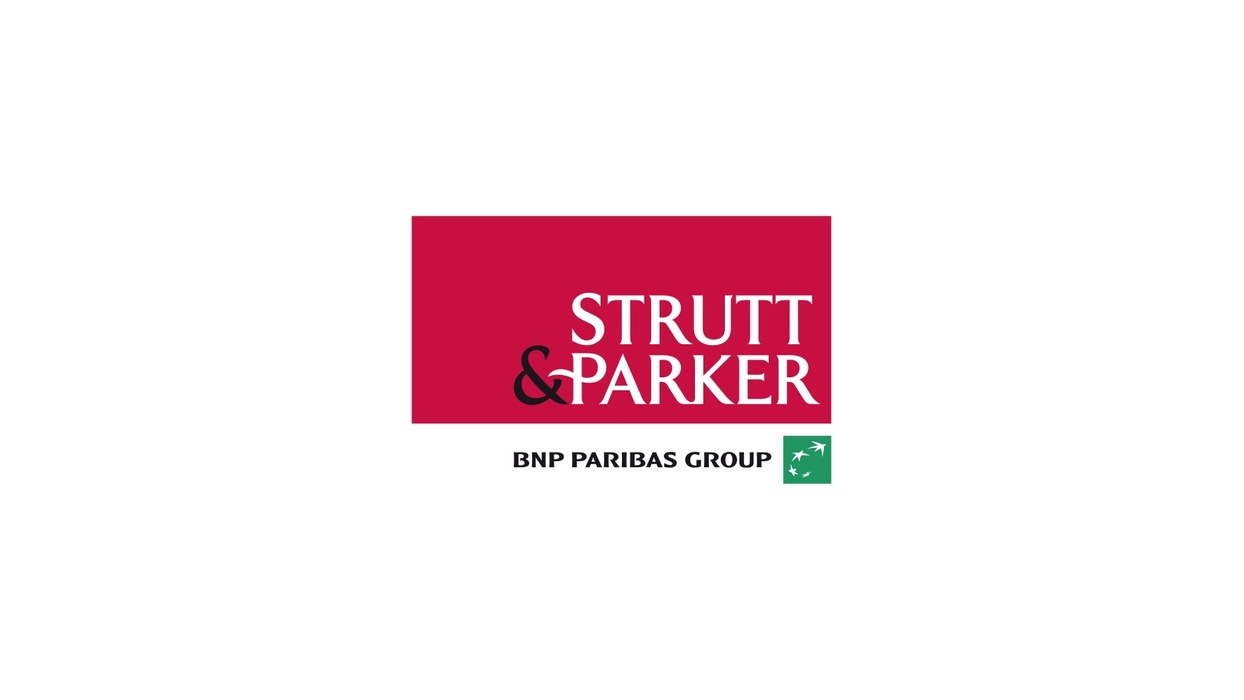As part of the Tatler SOS Experts' Corner, we delve into the tricky waters of inheritance. Here Filippo Noseda from Mishcon de Reya LLP weighs in on what to do ahead of a cash windfall.
There are a number of things that you should consider, which may be summarised as follows. Are you running a business and are concerned about the impact of Covid-19 and Brexit? In this case, you should be aware that your creditors could have recourse to the inherited assets.
One option to protect yourself might be for your relative to transfer the funds earmarked for you into a trust. The UK property legislation contains provisions that are designed to protect beneficiaries.
If you are married and you are concerned about a possible divorce, you should consider putting in place a post-nuptial agreement. Unlike other countries, the UK does not have any statutory rules to deal with the effects of marriage on divorce and although the Courts tend to exclude inherited assets from equal division on divorce, they have discretion to include them in certain circumstances, as they did in a case decided in 2012.
If you are not yet married (after all, you are only 30!), you might need to consider a pre-nuptial agreement. Under English law, 'pre-nups' are not binding, although there are rules to ensure that agreements negotiated fairly, with the help of independent advisers, be kept into account in the event of a divorce. Again, a trust might also help.
If you have children and they’re young or vulnerable or if you think that they are married to the wrong person, you might be concerned about what might happen in the event of your own death to any remaining balance from the inheritance. Unlike other countries, the UK does not have any statutory rules which would automatically give your children a right to claim a certain portion of your estate (so-called 'forced' heirship rules). However, the Courts have discretion to make certain orders against your estate in certain circumstances under a law introduced in 1975 which is growing in popularity. Again, a trust might also help.
If you have sufficient funds to live comfortably for the rest of your life and want to redirect part of the inheritance towards charitable purposes, you should bear in mind the existing tax breaks and the impact of Brexit on gifts to foreign charities. Under the current rules, EU charities enjoy the same benefits from UK charities, but the end of the Brexit transition period might change all that.
An unexpected, inheritance is often put to work towards the purchase of a second home abroad. Unfortunately, for many people, the purchase of a holiday home is done on an impulse. One strolls in front of an estate agent in the South of France et voilà! presto, purchase done. The main problem here is that local lawyers and notaries tend to advise on local taxes, where the correct approach is to consider the interplay between local taxes and taxes back in the UK, in particular Inheritance Tax. Get it wrong, and you might end up with a nasty tax bill, and maybe even with two tax bills which you can't set off against each other. In the absence of an extensive network of double tax treaties covering inheritance taxes, double taxation is a real issue.
Then of course, there is inheritance tax. If your relative is domiciled in the UK, you should expect the inheritance to be subject to Inheritance Tax at a flat rate of 40%, with an exception for the first £325,000 or unless the inheritance consists of qualifying business or agricultural assets.
If your relative is alive and well and merely planning a future inheritance, together you might consider recalibrating the underlying assets so as to maximise the benefits of business property and/or agricultural property relief. There are also possible reliefs for national heritage property.
What about a trust? Inheritance Tax is also due on the establishment of a trust, unless your relative is not domiciled in the UK (in which case he or she could settle non-UK assets free of inheritance tax) or the assets would attract business property/agricultural property relief. I f your relative is a foreigner with no UK connections, you might be in luck!
For more gold-standard guidance on tax and trust visit the Tatler High Net Worth Address Book














